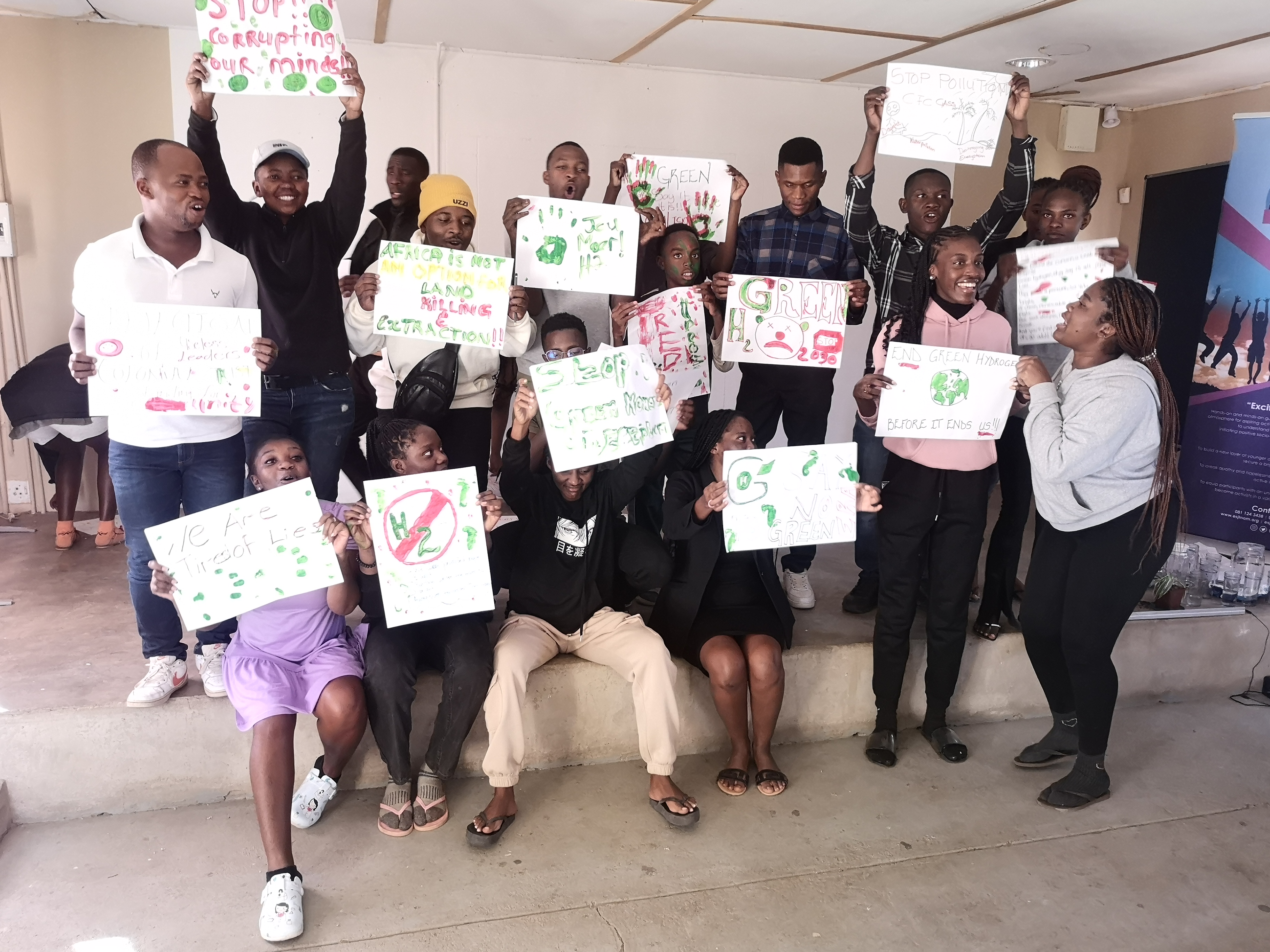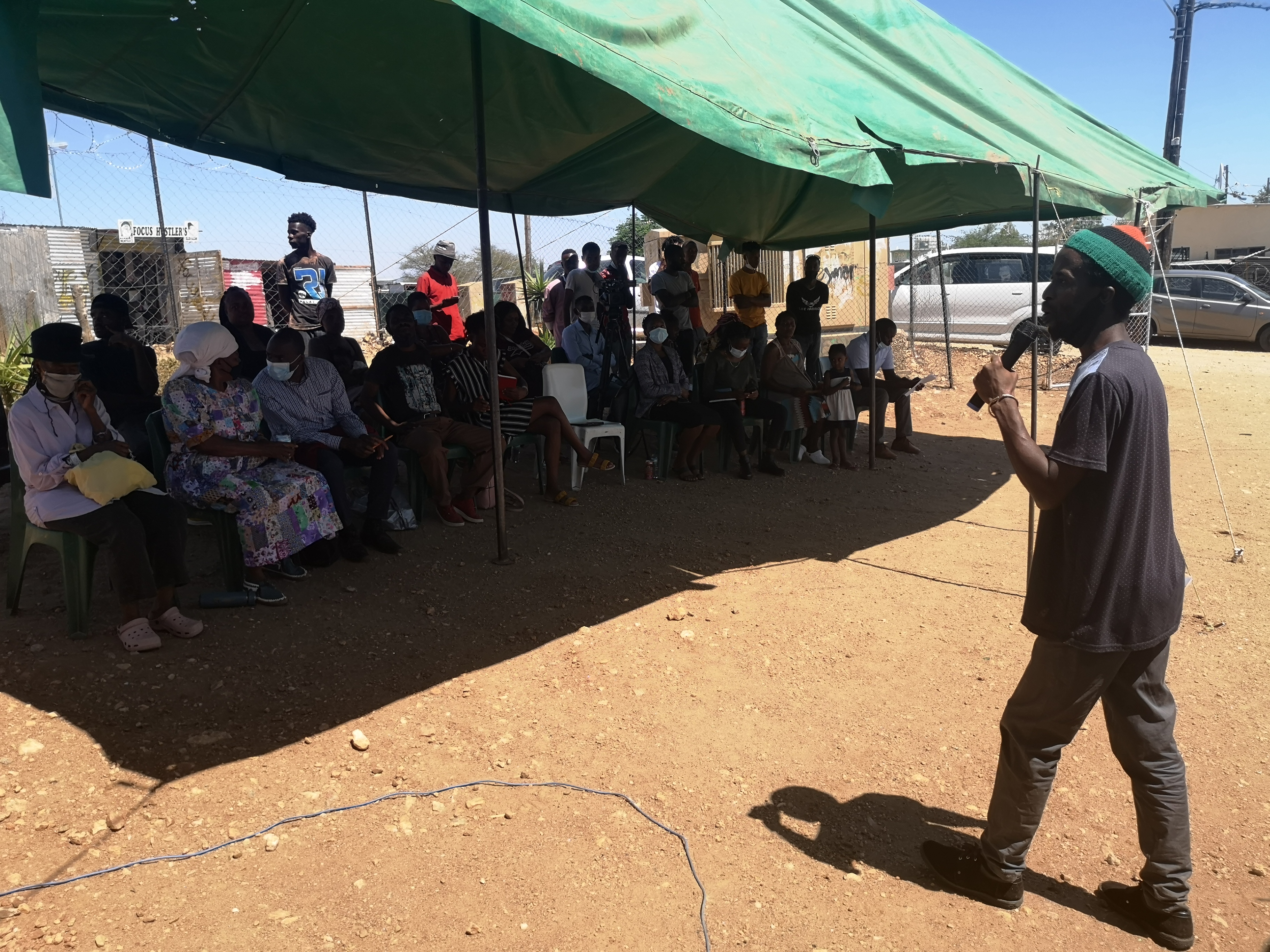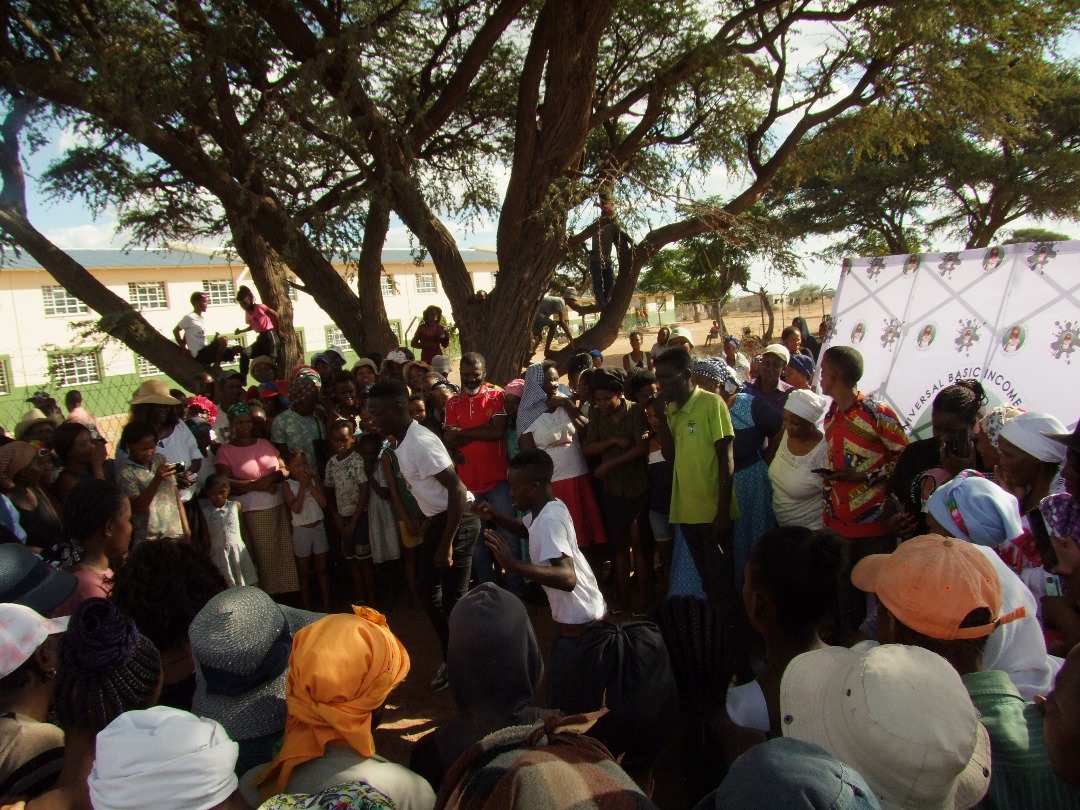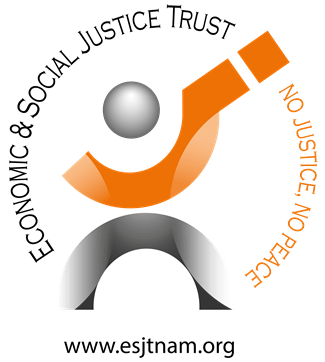
The Economic and Social Justice Trust (ESJT)
The Economic and Social Justice Trust (ESJT) was formed in 2012 and registered in 2013 by a group of activists dedicated to promoting struggles for economic and social justice in Namibia. Its core mission is to enhance and promote the social and economic rights of Namibians, focusing on the fair and equitable distribution of resources. A key emphasis is placed on improving the rights of economically and socially excluded Namibians.

Activities and Advocacy
The ESJT functions as a lobby and advocacy group for economic, social, and cultural rights in Namibia. It actively campaigns and takes action to expose corruption and self-enrichment within both the public and private sectors. The Trust also collaborates with regional and international organizations and individuals who share its aims and objectives.

Organizational Structure and Governance
The ESJT comprises activists who volunteer their time and expertise to participate in campaigns and specific projects. The Trust holds meetings several times a year and collaborates with other organizations on areas of mutual interest. Annually, the Trustees elect a Chairperson, Deputy Chairperson, and Treasurer from among themselves.

Publications and Recent Activities
Since 2021, the ESJT has published the Namibian Journal of Social Justice to foster open and critical debate on various aspects of the struggle for economic and social justice from a progressive viewpoint. The journal features peer-reviewed scholarly articles, activist accounts, and creative contributions.

